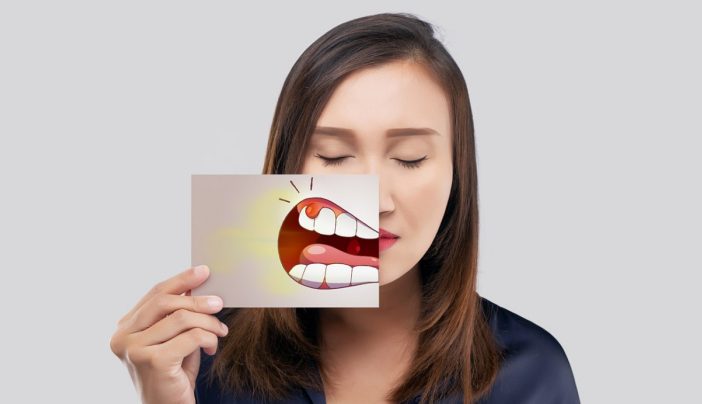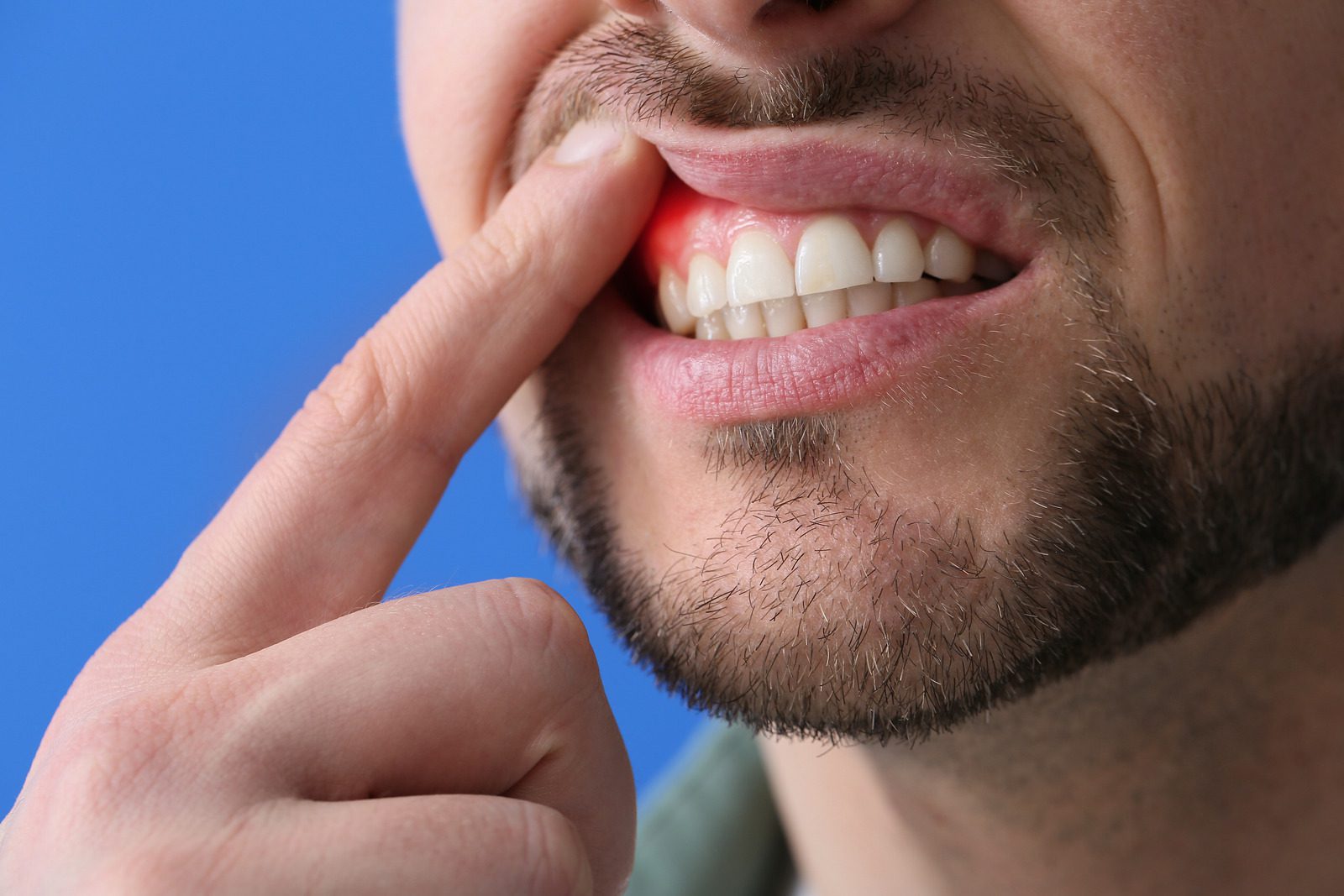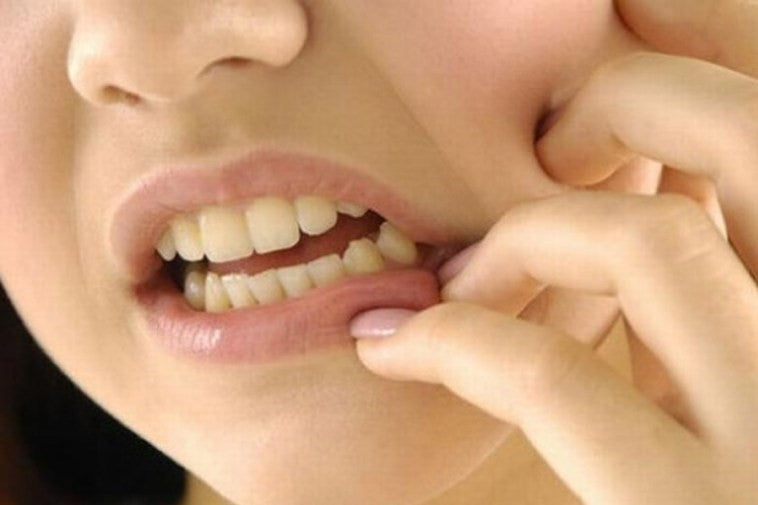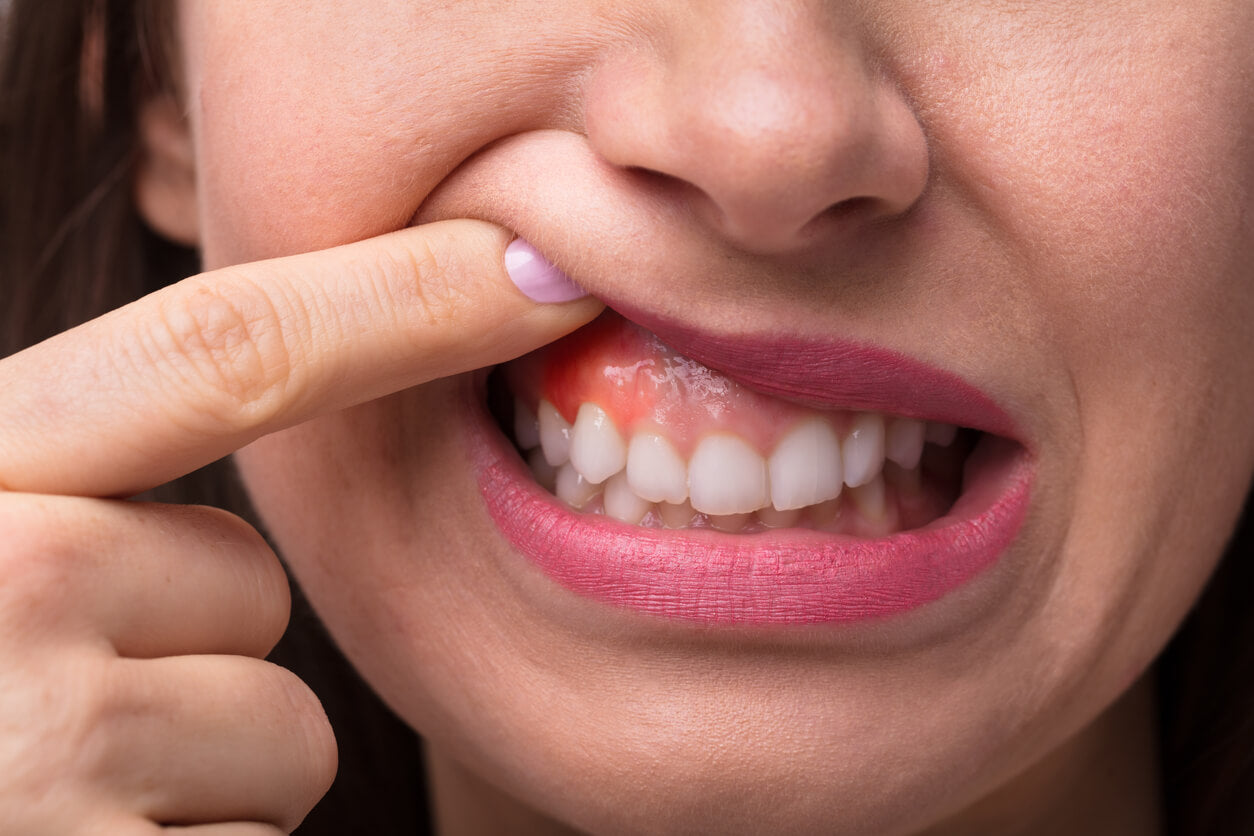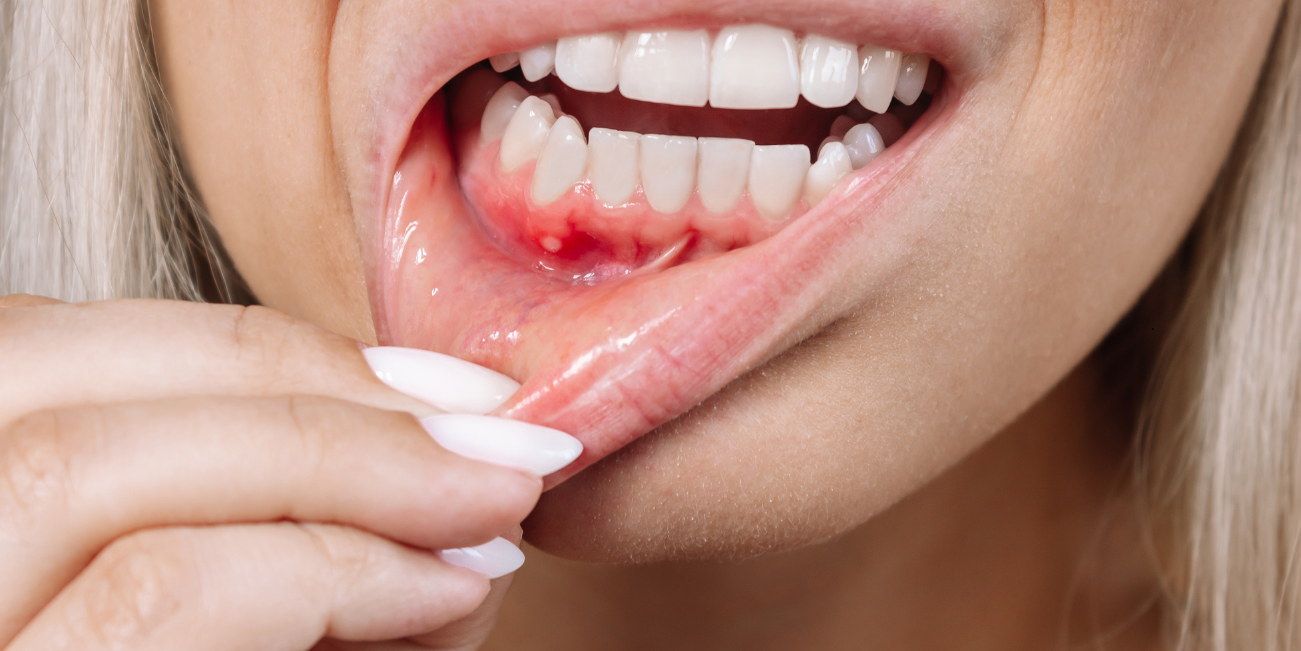A gum abscess is a pocket of pus, also called a periodontal abscess. It may form due to a number of reasons that are manageable and avoidable. However, what is most important is to treat a gum abscess as early as possible before the infection worsens. Treating a gum boil, however, does not just mean popping it and getting rid of it, which, in reality, can be potentially lethal.
Popping a gum abscess may kill you if you get sepsis from the bacteria that enter your bloodstream and if you delay seeking immediate professional help. In less severe consequences, you may spread the infection to your mouth and throat. In short, popping your gum boil is NEVER a wise idea. You should always see your dentist to drain it professionally.
What is a Gum Abscess?
A gum abscess is a pocket of pus, like a boil, that forms on the gums, between the teeth, and at the roots of the teeth. Sometimes, due to poor oral hygiene, trauma, or cavities, the bacterial load in the mouth increases, which can potentially lead to infection.
Initially, it appears as an inflamed, swollen bump on the gums, which is darker than the original gum color. Later, it develops into a white-to-yellowish boil due to the accumulation of pus. This pus is a mixture of loads of bacteria, body fluids, and dead white blood cells.
A gum abscess can be soft or hard, depending on the stage of infection and the type of tissue infected. Initially, due to a lesser amount of pus, the gum boil is soft; however, as the infection progresses, it becomes hard.
Moreover, a gum boil typically forms on the soft tissues, but it may also develop on solid, fibrous tissue, which is quite hard to touch and creates a feeling of pressure. Not only do the pain and pressure cause discomfort, but also large and hard gum boils can loosen your teeth and increase sensitivity to cold and hot temperatures.
Can Popping a Gum Abscess Kill You?
Not always, but maybe. Let me make it simple… think of a pouch of bacteria containing pus and all the gross stuff, suddenly cut open in your mouth. How do you feel about it? Isn’t it gross and dangerous? Well, yes, it is incredibly terrible and potentially fatal.
Though you feel relief from the pressure your gum abscess was exerting, you get an unpleasant odor in your mouth and a nasty metallic taste as it pops. Not only this, but the bacteria may also spread to your entire mouth and throat, paving the path for several different oral infections.
The infection may enter your bloodstream. A sudden, massive bacterial load in your bloodstream, followed by an extreme immune response, causes sepsis. Sepsis is a life-threatening condition that can cause sudden failure of your vital body organs, including the heart, brain, lungs, liver, and kidneys. It may even paralyze your body if you survive that horrible course of events.
In a nutshell, popping a gum abscess may kill you or make things complicated for you. Therefore, you should always see your dentist if you get a gum abscess and let the doctor drain it professionally. Also, follow the complete course of antibiotics and oral solutions recommended by your dentist to prevent the recurrence of gum boils.
What Causes a Gum Abscess?
The primary cause of a gum abscess is poor oral hygiene, which allows plaque to accumulate in your mouth. A plaque is a colorless sticky film of bacteria that lines your teeth and gums. If you do not brush and floss regularly, this bacteria multiplies in your mouth, which we call an infection. Such an infection may cause several periodontal problems, including gum abscesses.
Other causes of gum boils include injury or trauma to your teeth and gums, such as those sustained during sports, road accidents, or physical fights. A broken gum or tooth is more likely to accumulate bacteria and form pus. This may also occur if your dental fillings, crowns, or veneers break or become damaged. Moreover, you may harm your gums and teeth and develop boils if you have bruxism (the habit of grinding your teeth during stress or sleep).
Risk Factors
Risk factors for gum abscesses include:
- Poor oral hygiene
- High sugar consumption
- High caffeine and nicotine intake
- Weekend immune system
Complications
If you do not treat your gum boils or drain the abscess by yourself at home, you may experience some complications.
Localized complications of gum abscesses are:
- Damage to soft gum tissues
- Tooth loss
- Bone loss
- Multiple infections in the mouth
- Swollen lymph nodes
- Pharyngitis
Systemic complications (due to the spread of infection into the bloodstream) include:
- Sepsis
- Cardiac issues (tachycardia, myocardial infection, heart inflammation: pericarditis, endocarditis)
- Kidney/s failure
- Edema in the brain
- Pneumonia
What Does a Gum Abscess Look Like?
A gum abscess may look like a red, swollen bump, or it may appear as a white, yellowish boil filled with pus. It may be soft, hard, tender, or warm to the touch. Moreover, it exerts continuous pressure on the gums and surrounding teeth. In all cases, gum abscesses cause throbbing pain, an unpleasant mouth smell, and a gross metallic taste. Here are some other symptoms you may experience with a gum abscess.
- Halitosis (bad mouth odor)
- Throbbing pain
- Sensitivity to hot and cold temperatures
- Infection
- Fever
- Loose tooth
- Metallic taste
- Difficulty in chewing
What to Do if a Gum Abscess Bursts on Its Own?
If your gum abscess bursts on its own, do not panic and stay relaxed. Firstly, rinse your mouth with warm salt water at least three to four times to ensure your mouth is clean of all the pus and serous fluid that has been popped. Try to stop the bleeding by applying gentle pressure using a sterile gauze or a clean cotton ball.
Then, check if the pus is still present; even if it's not, schedule an appointment with your dentist to avoid further infections and complications. Meanwhile, you can take over-the-counter analgesics to manage the throbbing pain and use mouth fresheners to eliminate the unpleasant metallic taste.
Preventing Gum Abscess
Oral Hygiene
- Maintain good oral hygiene. Brush and floss your teeth regularly, ideally twice a day or after eating sweet foods.
- Use a water flosser for deep cleaning between your teeth, especially if you have braces. This type of flossing helps remove even the minute food particles from the tiny gaps.
-
Use an antibacterial mouthwash to help remove bacteria and plaque thoroughly from your teeth and the inside of your cheeks. However, do not rinse your mouth with a freshener immediately after brushing; instead, let the fluoride in your paste stay on your teeth for a long time.
Dental Care
- Visit your dentist regularly, after six to twelve weeks, for a professional cleaning of the tartar that forms on your teeth and is difficult to remove at home. Moreover, the tartar that forms on the inside of the lower and upper jaw teeth also poses a difficulty in cleaning, so it requires professional scaling. Such regular visits also help you check your oral health, including the condition of your teeth and the presence of cavities, as well as any issues such as sensitivity.
Diet and Lifestyle
- Avoid consuming too many sugary foods, as bacteria love sugar and can cause cavities that may damage your tooth roots and surrounding gums, potentially leading to gum abscesses.
- Take caffeine in a smaller amount, which means not exceeding one cup of tea or coffee every day.
- Refrain from any kind of smoking or nicotine intake, as it severely damages your teeth and gums. Smoking also leads to oral cancer and complicated infections.
- Always maintain a balanced diet, and be sure to incorporate vitamins and minerals into your meals. A healthy diet helps your gums and teeth remain strong and healthy. It also boosts your immune system, helping you fight infections more easily.
-
Protect your jaw from injuries. If you do any sports or have bruxism (habit of teeth grinding), use a mouth guard and minimize the risk of trauma to your teeth and gums.
Gum Abscess Treatment Options
Professional Drainage
A professional drainage typically involves making an incision in the abscess to remove the accumulated pus. It is then followed by using some saline water for irrigation and rinsing your mouth to remove bacteria and any other serous fluid.
Over-the-Counter Cures
You can use OTC analgesics and anti-inflammatory medications to help mitigate the throbbing pain and inflammation, which is continuously exerting pressure on your gums and teeth. It's a method for temporary relief until you have the abscess professionally drained.
Dental Procedures
Dentists also investigate the underlying reason for your gum abscess. They may ask you to get an X-ray of your jaw to see if the abscess has damaged your tooth and bone. Dentists also recommend dental procedures like scaling and root canals. These procedures help remove tartar that cannot be removed at home and extract damaged tooth pulp, respectively. Additionally, scaling helps prevent problems such as gum abscesses and periodontitis that result from the accumulation of plaque and poor oral hygiene.
Home remedies
You can heal the initial stages of your gum abscess through home remedies, such as warm salt water gargles, hydrogen peroxide rinses, cold compresses, garlic cloves, baking soda paste, aloe vera gel, clove oil, and herbal teas. You can also try the trending oil-pulling method, which claims that oil dissolves all the grease, bacteria, and sticky plaque, removing it from the mouth.
FAQs
Why should you not pop your gum abscess?
You should never attempt to pop your gum abscess at home because such pus pockets are laden with bacteria, and the infection may spread to your teeth, tongue, pharynx, or the entire mouth. In severe cases, the bacteria may enter your bloodstream and cause sepsis. Sepsis is a life-threatening condition that may irreversibly damage your lungs or kidneys.
Is a gum abscess soft or hard?
A gum abscess may feel soft or hard. Usually, in the initial stages, gum boils are soft and warm to the touch. This is due to the smaller amount of pus in the pocket and the early onset of infection. However, if solid fibrous tissues in the gums form a boil or when the infection progresses, the gum abscesses become hard.
Does a gum abscess have a distinct smell or taste?
Yes, the gum abscess makes your mouth smell really bad. However, if that pus pocket suddenly bursts, it can give an unpleasant metallic taste in your mouth due to bacterial and pus buildup. Well, this is quite awful. To avoid the gross smell and taste, you can try rinsing your mouth with saline water and using mouth fresheners until you clean your abscess professionally.
What is the fastest way to heal a gum abscess?
Draining the abscess with professional help and treating the underlying cause through antibiotics or dental procedures is the fastest way to heal a gum abscess. However, if you want temporary relief, you can try rinsing your mouth with warm saline. You can also use antibacterial mouthwash and topical anti-inflammatory and analgesic gels.
How long can I live after my gum abscess bursts?
A gum abscess bursting does not specifically kill you. However, if you do not seek professional attention immediately, the infection may spread to your vital body organs like the brain and heart through the bloodstream, which is potentially lethal and complicated to cure.
Outlook
Gum abscesses are pockets or swollen bumps that form on your gums and in between the teeth. These boils are filled with pus that contains dead blood cells, serous fluid, and a large number of bacteria.
Therefore, popping them can expose your mouth to bacteria, which can cause the infection to spread to other parts of the mouth and throat. If you intentionally pop your gum abscess or it bursts on its own and you do not rinse your mouth or seek professional help, the bacteria may enter your bloodstream and cause sepsis, which can be fatal.









